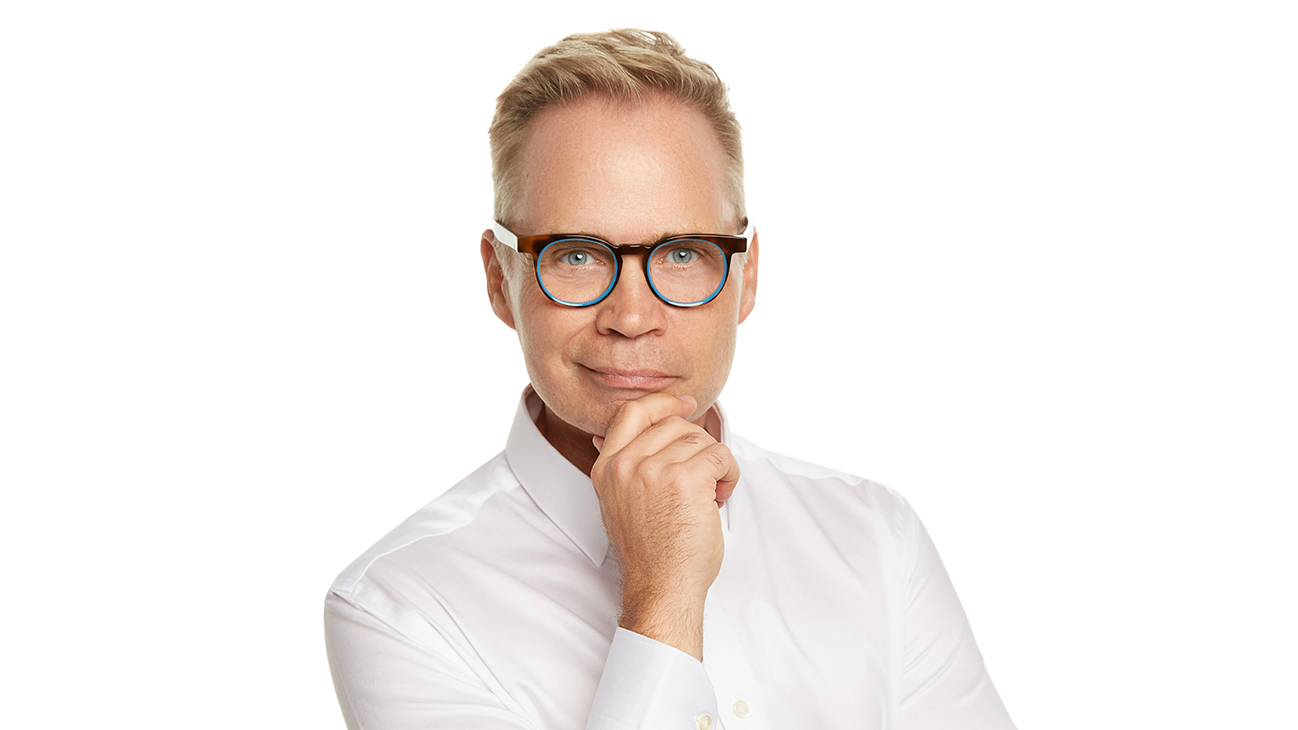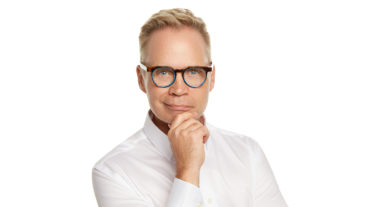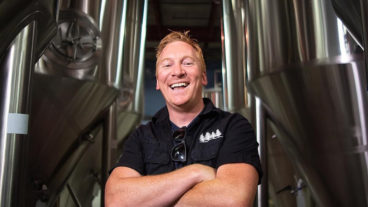The rising cost of food has recently seen grocery executives hauled in front of the House of Commons, but this “bit of political theatre”, Todd Hirsch writes in a recent Globe and Mail article, is nothing compared to what’s next.
For more than 25 years, Todd has had a front row seat to the key issues and trends impacting and transforming our world. He’s worked as an economist for such renowned institutes as ATB Financial, the Canadian Pacific Railway, the Canada West Foundation, and the Bank of Canada.
Inflation, geopolitics, and climate change are the “three horsemen”, as Todd calls them, that we should be watching right now. They “are combining in ways that could push food insecurity to crisis levels by the end of this decade,” he continues. Here’s why:
The First Horseman: Inflation
Central banks are currently raising interest rates in an attempt to get inflation under control, but this will not have the desired impact on the cost of food, Todd writes. “A return to a 2% inflation target won’t return the price of meat, bread, or produce back to 2019 levels,” he says. “It just means that food prices will continue to rise, only a bit more slowly.”
The Second Horseman: Geopolitics
The era of political co-operation and trade liberalization is over, Todd writes. It ended the moment Russian tanks rolled into Ukraine and we witnessed firsthand the speed at which military conflict can curtail agricultural exports.
Russia and Ukraine are two of the world’s largest producers, and once their stable and reliable food supplies were cut off, famine loomed over many African countries, Todd writes, and global commodity prices skyrocketed.
While no one can truly predict what lies ahead geopolitically, it’s likely that military tensions between large global players will continue to rise. We’re already seeing tension build between China and the United States, not to mention troubling developments in places such as North Korea and the Middle East, Todd writes, all of which could further disrupt trade in agriculture and intensify food insecurity.
The Third Horseman: Climate Change
Todd calls climate change the most sinister player of all as we’re already the damage caused by a warming planet. “More severe drought, more devastating flooding, more torturous heat, and more crippling cold,” Todd writes, “[are all] having an increased negative impact on agricultural production around the world.”
Food Security is Our Biggest Threat
Agriculture is both affected by and contributing to the three concerns explored above. This, combined with the basic fact that we all need to eat to survive, is why agriculture and food security needs to be addressed urgently, Todd writes.
Agriculture is traditionally a politically charged industry, Todd writes. What we need to see moving forward, he continues, are industrial policies to help nurture and sustain agricultural production. Not just for political expediency, he adds, but as sensible paths forward to increase domestic food production.
“While it may seem counterintuitive,” Todd writes, “some of that sensible path forward might lead toward smaller, more environmentally sustainable, and more local food production.”
The world is a troubled place at the moment, Todd concludes, we don’t need to make it worse by adding “bare grocery shelves, food hoarding, and empty stomachs” into the mix.
“It’s time to take agriculture and food insecurity more seriously.”
In his dynamic, clear-eyed talks, Todd Hirsch helps audiences navigate our rapidly changing and often turbulent world. He shares forecasts for what’s likely to happen and, most importantly, what businesses, industries, and leaders can do to prepare.
Contact us to learn more about Todd and how to book him for your next event.




